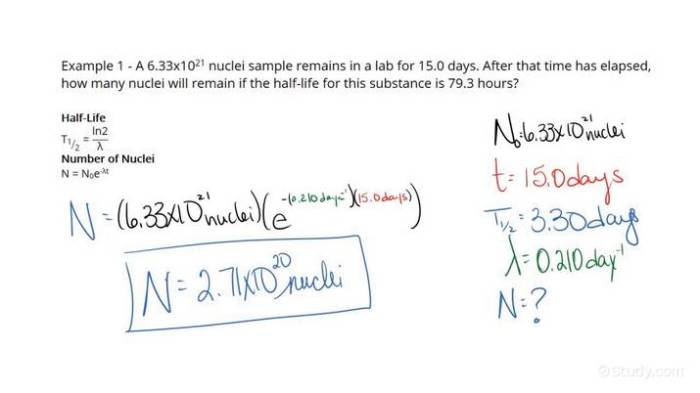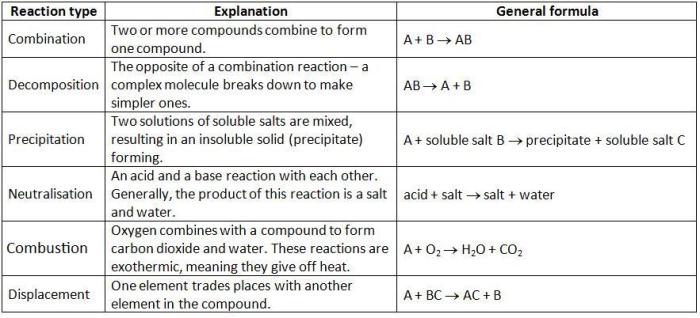As problem-solving strategies think like a chemist takes center stage, this opening passage beckons readers into a world crafted with good knowledge, ensuring a reading experience that is both absorbing and distinctly original.
Chemists employ a unique set of problem-solving strategies that stem from the scientific method and critical thinking, leading to groundbreaking discoveries and advancements in the field of chemistry.
Problem-Solving Strategies of a Chemist: Problem-solving Strategies Think Like A Chemist
Chemists employ a systematic approach to problem-solving known as the scientific method, which involves making observations, forming hypotheses, testing hypotheses through experiments, and drawing conclusions based on the experimental results.
Critical thinking and logical reasoning are essential in chemical problem-solving. Chemists use inductive reasoning to generate hypotheses based on patterns and observations, and deductive reasoning to test hypotheses by making predictions and conducting experiments.
Inductive and Deductive Reasoning

Inductive reasoning involves making generalizations based on specific observations. In chemistry, inductive reasoning is used to generate hypotheses. For example, a chemist might observe that a particular reaction always produces a certain product. Based on this observation, the chemist might form a hypothesis that the reaction always produces that product.
Deductive reasoning involves making predictions based on general principles. In chemistry, deductive reasoning is used to test hypotheses. For example, a chemist might use the principles of thermodynamics to predict the equilibrium constant for a particular reaction. The chemist can then test this prediction by conducting an experiment.
Experimental Design and Data Analysis

Experimental design is crucial in chemical problem-solving. Chemists must carefully design experiments to ensure that they are valid and reliable. Factors to consider when designing an experiment include the independent and dependent variables, the control group, and the sample size.
Data analysis is also essential in chemical problem-solving. Chemists use statistical methods to analyze data and draw conclusions. Statistical methods can help chemists determine whether their results are statistically significant and whether their hypotheses are supported.
Computational and Modeling Techniques

Computational and modeling techniques play an increasingly important role in chemical problem-solving. Computer simulations can be used to model complex chemical systems and predict their behavior. Mathematical models can be used to represent chemical reactions and to make predictions about the products and yields of those reactions.
Computational and modeling techniques can be used to gain insights into chemical systems that would be difficult or impossible to obtain experimentally. However, it is important to remember that these techniques are only models, and their results should be interpreted with caution.
Communication and Collaboration

Effective communication is essential in chemical problem-solving. Chemists must be able to clearly and persuasively communicate their findings to other scientists, as well as to the general public.
Collaboration is also important in chemical problem-solving. Chemists often work together to solve complex problems. Collaboration can lead to new ideas and insights, and it can help to ensure that research is conducted in a rigorous and ethical manner.
FAQ Overview
What are the key problem-solving strategies employed by chemists?
Chemists utilize a combination of inductive and deductive reasoning, experimental design, data analysis, computational modeling, effective communication, and collaborative teamwork to solve problems.
How does inductive reasoning contribute to problem-solving in chemistry?
Inductive reasoning allows chemists to generate hypotheses based on observations and patterns, guiding further experimentation and understanding.
What is the role of computational modeling in chemical problem-solving?
Computational modeling enables chemists to simulate and predict chemical phenomena, providing insights into complex systems and accelerating the discovery process.


